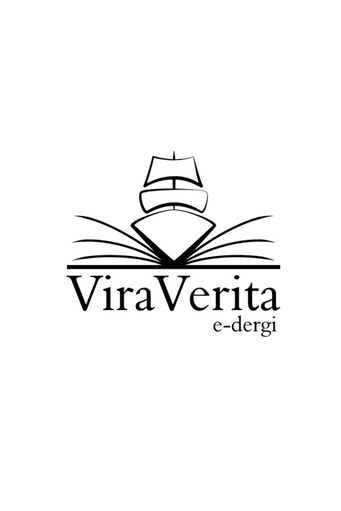Daha İyi Bir Yaşam Arayışımızda Bilimin Rolü: Bilim ve Değerler
Bilimsel Gerçekçilik, Epistemik Olmayan Değerler, Bilimin Özerkliği
Role Of Science in Our Search for a Better Life: Science and Values
Scientific Realism, Non-epistemic Values, Scientific Autonomy,
___
- Biddle, J. B. (2018) “ ‘Antiscience Zealotry’? Values, Epistemic Risk, and the GMO Debate” Philosophy of Science, 85, 3, 360-379.
- Darwin, C. R. (1859). On the Origin of Species by Means of Natural Selection or the Preservation of Favoured Races in the Struggle for Life. London: John Murray.
- Elliot, K. H., Norris, D. R., Betini, G. S., Dworkin, I. (2017). “Scared Fitless: Context-Dependent Response of Fear to Loss of Predators over Evolutionary Time in Drosophila melanogaster”. FACETS, 2, 342-354.
- Galileo, (1957[1615]). “Letter to the Grand Duchess Christina”. çev. Stillman Drake, Discoveries and Opinions of Galileo içinde NY: Anchor Books, 175-216.
- Haraway, D. (2010). “Mutevazi_Tanik@Ikinci_Binyil”. Başka Yer içinde, ed. M. G. Sökmen, çev. Güçsal Pusar, Metis Yayınları, 257-290.
- Kitcher, P. (2001). Science, Truth, and Democracy. Oxford: Oxford Uni. Press.
- Kitcher, P. (2006). “Science in a Democratic Society”. Scientific Realism and DemocraticSociety: The Philosophy of Philip Kitcher(PoznańStudies in the Philosophy of the Sciences and the Humanities, vol. 101) içinde, ed. Wenceslao J. Gonzalez (2011) Amsterdam/New York, NY: Rodopi, 95-112.
- Longino, H. E. (1987). “Can There be a Feminist Science”. Hypatia, 2, 51-64.
- McKenna, M. (2017). Big Chicken. National Geographic Partners, LLC.
- Shapin, S ve Schaffer, S. (2011). Leviathan and the Air-Pump. Princeton, Oxford: Princeton Uni. Press.
- ISSN: 2149-3081
- Başlangıç: 2015
- Yayıncı: Çetin TÜRKYILMAZ
Kendini Gerçekleştiren Kehanet
Bilimsel Kuramların Eş-ölçülemezliğine bir Meydan Okuma: Kavramsal Şema-İçerik İkiliğinin Reddi
Paradigmasız Devrim: Yapı’dan Sonraki Yol Üzerine Bir Değerlendirme
NIETZSCHE’DE GÜÇ, CANLILIK VE DOĞA
ARİSTOTELES'TE PRATİK BİLİMLERİN DEĞERİ
Elif ÇETİNKIRAN BALCI, Elif ÇETİNKIRAN BALCI, Elif ÇETİNKIRAN BALCI
BİLİMİN BİRLİĞİ TEZİ VE SOSYAL BİLİM YASALARI
Savaş ve Barış Söylemlerine Felsefi Katkılar: Piyasa Liberalizminin ve Marksist Sosyalizmin Etkisi
Daha İyi Bir Yaşam Arayışımızda Bilimin Rolü: Bilim ve Değerler
